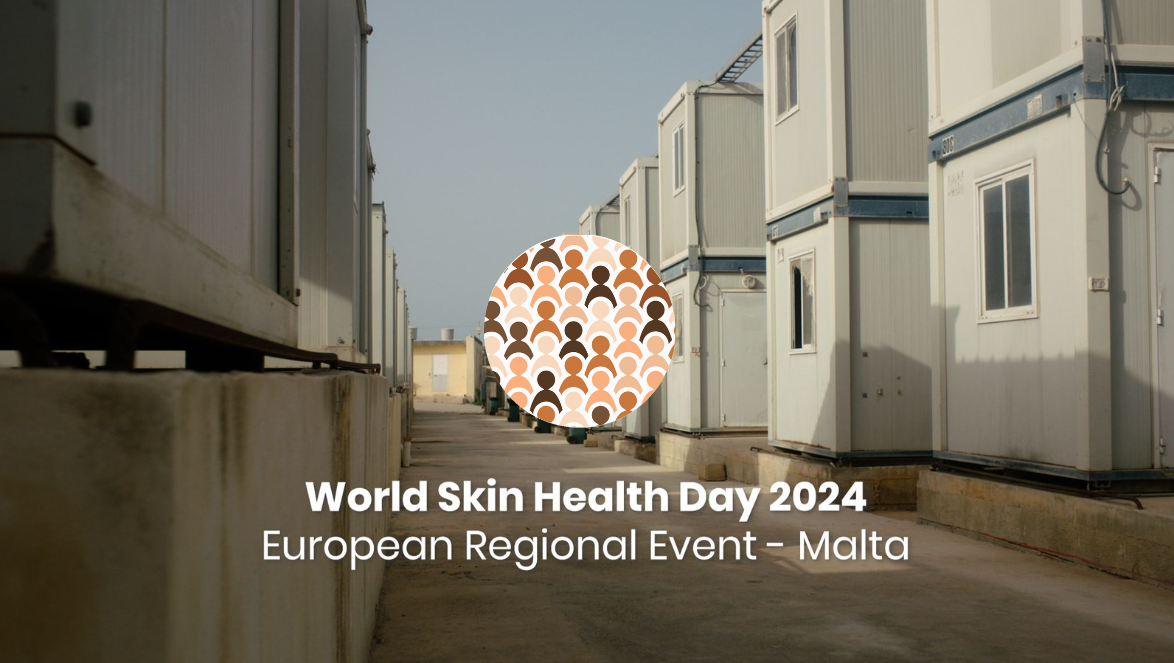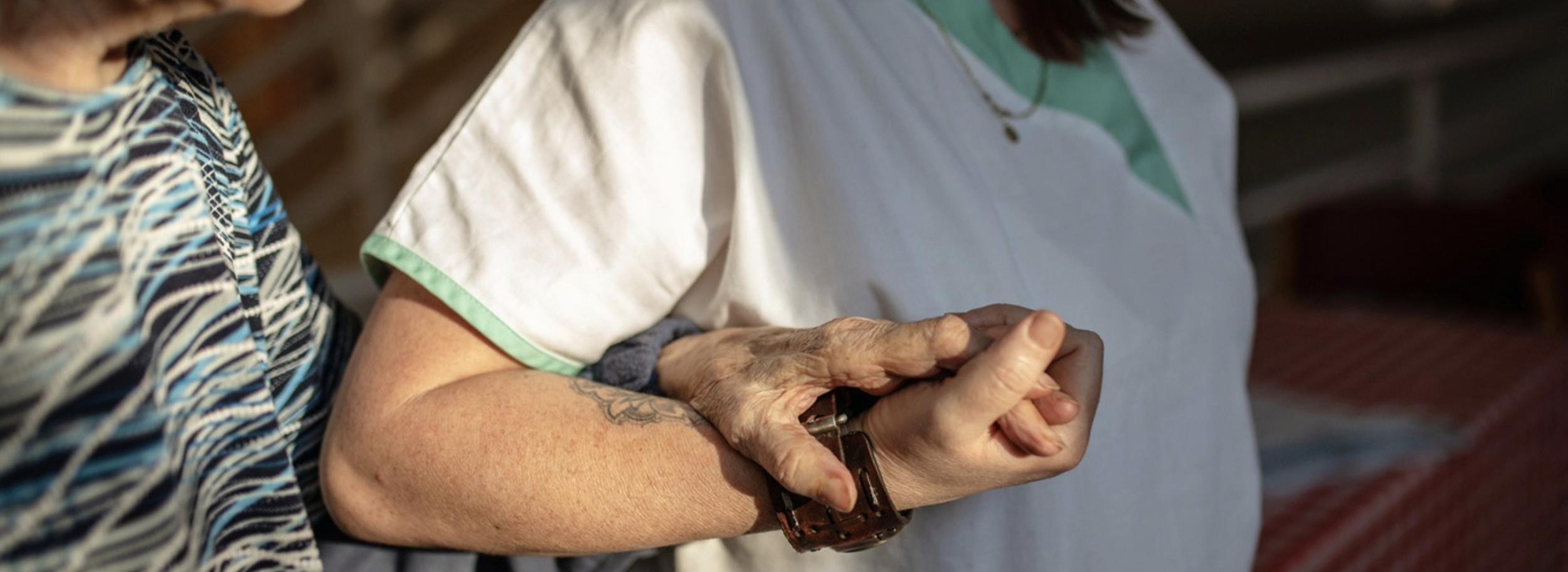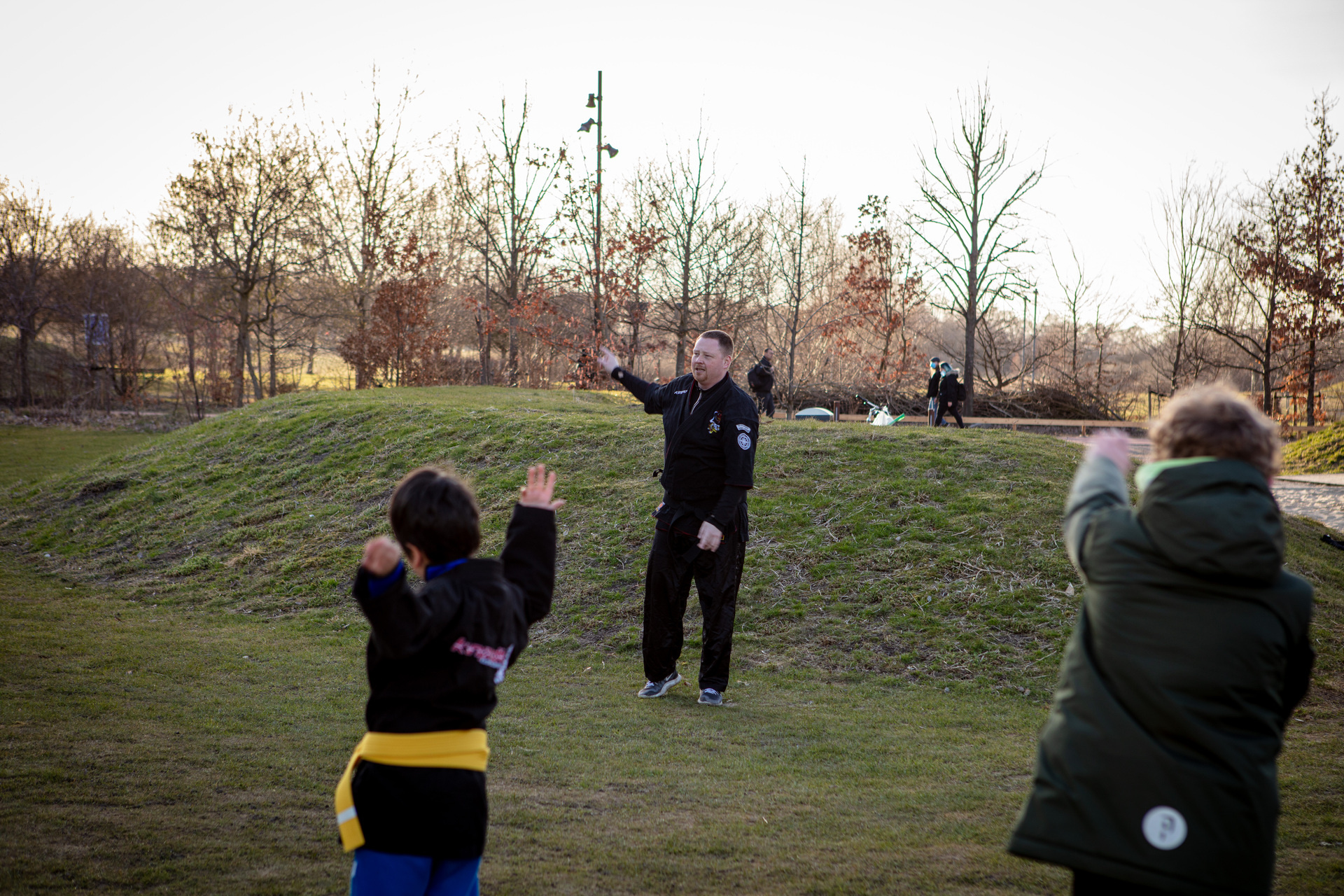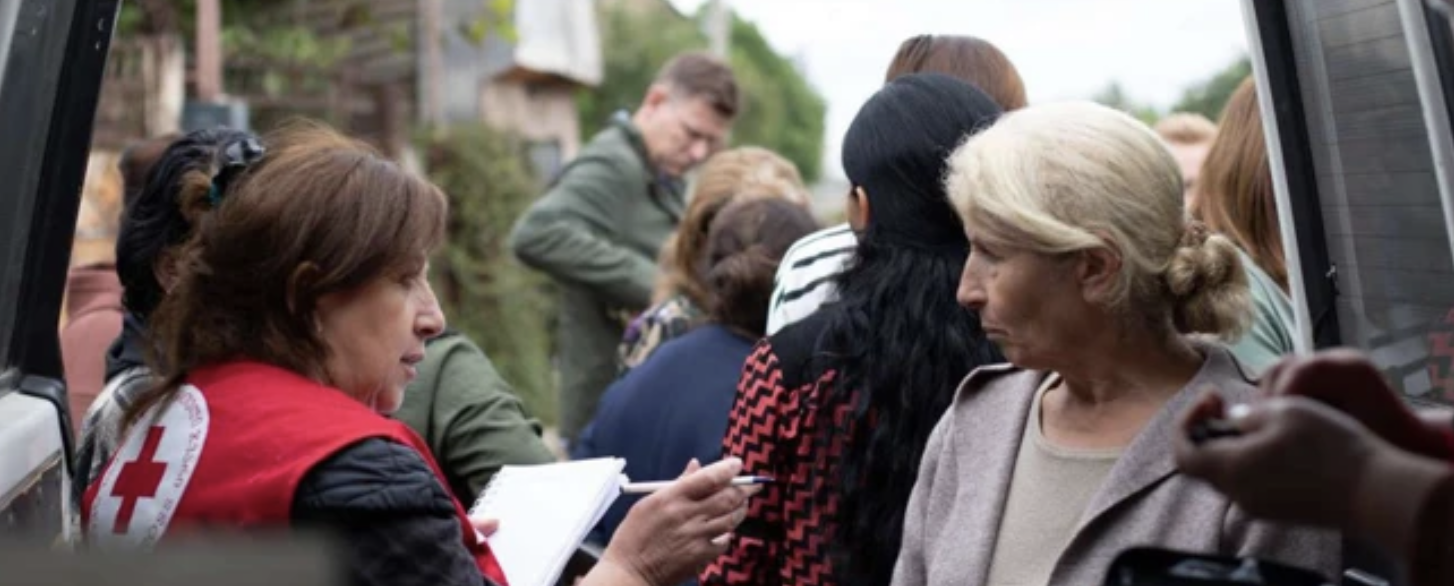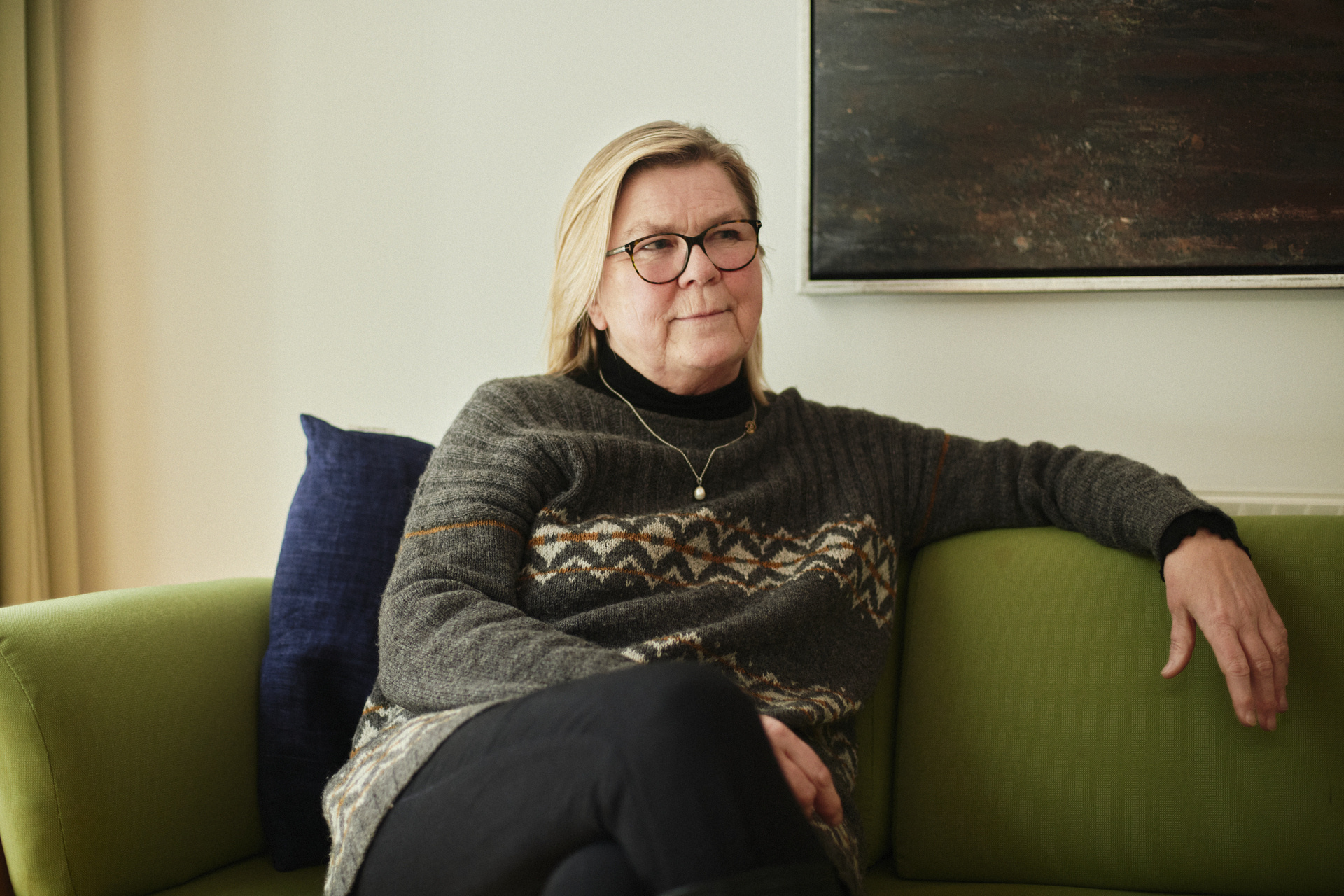Nearly 6 million people in Kazakhstan have at least one health condition that could benefit from rehabilitation services, research from 2019 shows. Out of those 5 845 234 people, who make up almost a third of the total population, 4.6% – more than 260 000 people – have mental health challenges.
Dauren Mukhamedzhanov, 42, is one of them. His story attests to why access to well-coordinated rehabilitation services and assistive products can mean the difference between social exclusion and living life independently.
"My youth fell apart during the 1990s. At that time, I became part of a group of people that society considered unfavourable,” says Dauren. “To be honest, I don't even want to think about the past. I was on compulsory in-patient treatment until 2004, after which I was registered in a psychiatric hospital for outpatient care.”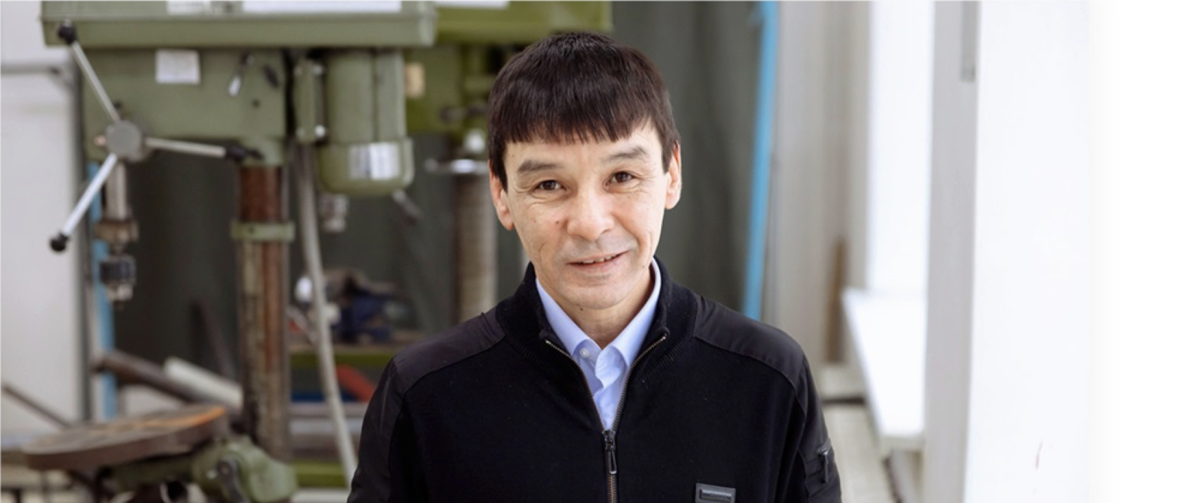
The register he was put on was part of a system called active dynamic monitoring – used, according to a psychiatrist's judgment, when there is a high risk of a patient committing a legal offense due to the state of their mental health. The system involves continuous monitoring by psychiatric organizations and law enforcement agencies.
Dauren began taking medication, which helped with his symptoms but did little to change his social circumstances. Things improved when rehabilitation services were introduced in Kazakhstan with the fundamental aim to improve quality of life rather than cure illness. Particular attention is paid towards empowering people to manage their condition, adapt to their situation, and stay active.
“They taught me how to be a carpenter and I started helping a plumber,” says Dauren. “That’s when things began to get better. I have been using these services for about 7 years and now I have been officially accepted as a carpenter and a plumber at the rehabilitation centre in Astana.”
According to Bakytzhan Koishin, Director of Astana Mental Health Centre, the introduction of rehabilitation programmes in his centre has changed the approach to treatment. Patients, doctors and other staff now understand that their ultimate goal is to promote the recovery of people living with mental health conditions, enabling them to return to being full members of society.
"The state of people undergoing rehabilitation is completely different nowadays. The period between hospitalizations is now 5 years or more, whereas before they occurred at least annually,” says Mr Koishin.
Restoring lives
According to the centre’s data, 951 patients participated in rehabilitation programmes between 2020 and 2023. Of these, 81 people became employed through rehabilitation support services.
“These people all had a chronic mental health condition, which led to disability. But our data indicates that it is both necessary and possible to restore patients’ capacities," Mr Koishin explains.
Dauren feels he is part of a large team at the centre, which has become like a second home. “Officially I am no longer considered disabled, so my name is no longer in the active dynamic monitoring register,” he says.
Kuanysh Altynbekov, Chief Psychiatrist of the Ministry of Health of the Republic of Kazakhstan, notes that scaling up services of this sort can have many benefits.
"Rehabilitation measures are cost-effective and help to reach and maintain the best results from other medical interventions, and reduce the number of expensive interventions, such as the number of hospitalizations and the risk of complications as well as the duration of inpatient treatment,” he says.
“Importantly, access to rehabilitation services helps to guarantee the right of people to live healthy lives, which is of particular importance in the context of protecting the rights of those with mental health conditions,” Mr Altynbekov adds.
Expanding rehabilitation services
According to 2022 data collected using WHO’s “Template for rehabilitation information collection” (TRIC), rehabilitation programmes are only sparsely offered in Kazakhstan, with some of the 20 administrative regions having no such services for people with addictions. In 2022, only 2329 people participated in a rehabilitation programme, or less than 3% of those in need. Part of the reason is that there is a lack of trained professionals.
Kazakhstan and WHO are already taking action to bring these services nationwide. In December 2023, the WHO Country Office in Kazakhstan organized a round table for the representatives of the health departments of all regions of Kazakhstan to present the TRIC tool and plan the further assessment and development of rehabilitation services.
“When developing rehabilitation programmes, we take the opinion of relatives and professionals into consideration,” says Mr Altynbekov. “We are already getting some results, but we are still at the beginning of the road and now the most important thing is to improve the quality of life of people with special needs and protect their rights."
For Dauren, rehabilitation proves its value, every day of his life. “I was able to achieve this due to my willpower, and nothing can prevent me from living,” he says. “I try to help all individuals who come to the rehabilitation centre, by telling my story. Now I am a healthy and successful person. I got married. I have a beautiful daughter who is in the third grade.”
Dauren feels optimistic about the future in Kazakhstan. “As someone who has overcome these obstacles, I want to say that we shouldn’t give up on people living with a mental illness – we are also part of society. If there will be similar centres in other regions of Kazakhstan, it will help us reach out to people in need.”




